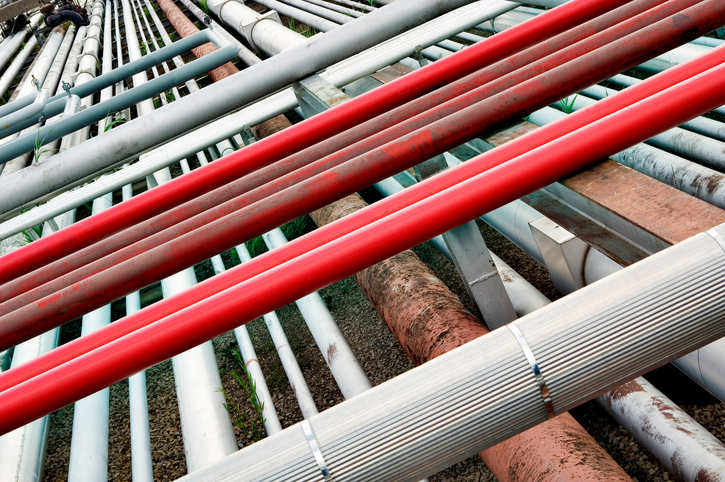Welcome to the next installation in our “So You Want to Be a…” series that explores different exciting careers in the construction industry! If you’re wondering what it’s like to work in the construction industry, then keep checking back for more blogs! You can also read our blogs on Why to Choose a Career in the Construction Industry and The Community Impact of Construction. Ready to apply? Check out our available positions! This week, we’ll be exploring what is required to become a pipelayer.
The Importance of Pipelayers
Without thinking, you turn on the water faucet and expect a strong flow, step into the shower and anticipate a steamy spray, and flush your toilet expecting, well, the toilet to flush properly. Who lays the infrastructure to allow all of the sewer lines and water lines to connect to your home? Who ensures that construction sites have proper drainage? Pipelayers! If you want to help be the glue that holds every town, state, and country together, pipelaying could certainly be the career for you.
What Will You Do?
As a pipelayer, you will be creating the infrastructure that helps America work! You will use your training to ensure that pipes are laid correctly in the appropriate place, welded together properly to avoid costly future repairs, and potentially repairing pipes that were not correctly installed the first time. You might have to inspect or perform maintenance on pipelines or connect old pipelines with new pipelines. You will regularly read blueprints, operate heavy equipment, dig trenches, and precisely cut pieces of pipe to create the pipelines we rely on every day.
What Do You Need?
Before you begin your career as a pipelayer, make sure that you have obtained a high school diploma or GED. A college degree is not necessary to begin training, but you should have previous experience and coursework in mathematics. Understanding how to calculate the grade of trench or slope is crucial in this line of work. Drafting coursework is also beneficial to this trade. Most skilled pipelayers start their training as an unskilled pipe laborer, assisting the skilled workers. From there, they gain applicable field experience and work their way up in the skilled profession.
As you begin your career, expect to start an on-the-job training program and in-class instruction. You’ll learn about safety requirements and building regulations, how to properly read and interpret blueprints, and how to incorporate abstract scientific concepts into practical applications. These kind of applied classes are often offered at local community colleges and vocation training institutes. In your on-site work, you’ll be getting hands-on experience using hand tools, properly recognizing different grades of pipe, shoring up trenches, and installing pipes and valves.
How Long Will It Take?
It takes most workers 3-5 years to be considered skilled. This time frame relies heavily on the individual’s work ethic and willingness to learn. The more time they put into their field training, the more experience they will have for their employer to rely on.
Ready to Explore a Career in Pipelaying?
Reliable Contracting is seeking experienced pipe layers to help us continue our mission of delivering quality products, displaying professionalism, and satisfying our customers and clients with incomparable service. Visit us online or give us a call at (410) 987-0313 to get more information and see if we are what you’re looking for. Looking for more information on careers in construction? Follow us on Facebook, Google+, LinkedIn, Twitter, and Pinterest!

